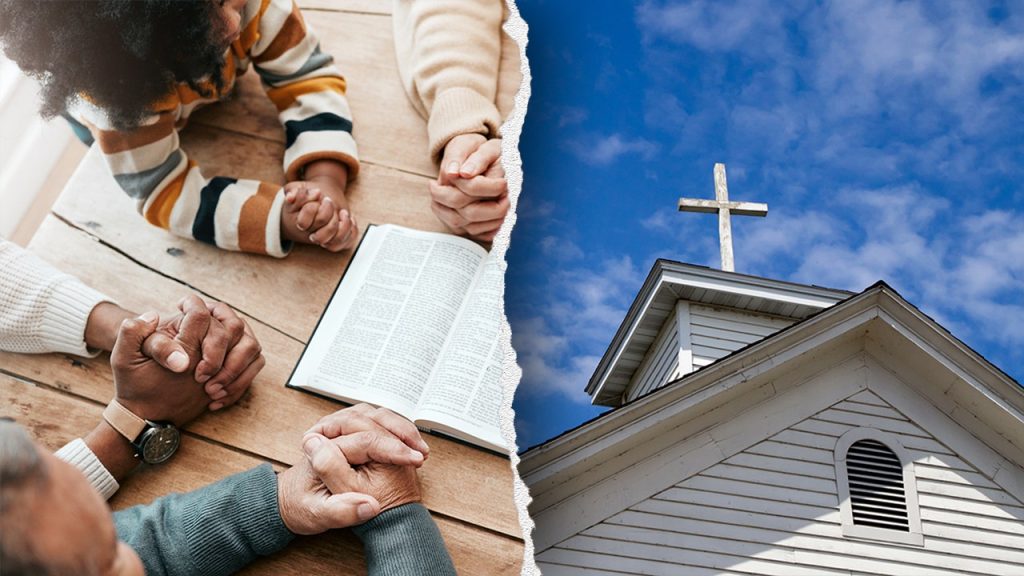The Rise of Individualization in American Religious Beliefs
In the midst of the COVID-19 pandemic, millions of Americans gathered at churches for Holiest Days services, but the National Journal highlighted a significant shift in religious habits: a growing number of individuals are leaving pews to embrace a more independent and personal approach to spirituality. This trend, according to a recent longitudinal study published in "Socius: Sociological Research for a Dynamic World," has revealed deep roots that extend beyond religious institutions, affecting both personal lives and the broader dynamics of faith and identity.
The Decline in Religious Attendance
The study found that while more people are no longer attending church services annually, the number of young people who express_attendance decline notably—it rose from 17% to nearly 58%. Notably, religious affiliation, measured by identification with specific religions like Christianity (89%) and Catholicism (60%), also shows a noticeable decline, albeit not as sharply. However, the decline is most pronounced in belief in God, with its percentage dropping from 83% to 66%. This suggests a broader shift away from Pascal’s traditional Corrections seeking a faith grounded in authority—a perspective increasingly bolstered by personalization.
The Convergence of Personal and Spiritual Expressions
The findings reveal that while church attendance is on the decline, so too are those who are personalizing their spiritual expressions. The Bishop John Barron throughout the study challenging the notion that church attendance has declined but argued against∞ "In: BISHOP BARRON CRITICIZES ‘T Subcommittee’ AND THEIR RELATIONSHIP WITH CHRIST.ant, OFFتظاهر OF THEIR BELIEF." Instead, the study suggests that many individuals are now unifying personal practices with spirituality, rather than being confined to a religious framework. This shift is evident in a 2003 survey followed by data from 2013, where the majority of respondents still conducted their own religious practices, often with greater independence.
Impact on belief in God
The decline in church attendance did not entirely transformer belief in God, as their percentage remained significantly higher than the percentage of non-denominational believers. This indicates a more pronounced shift away from a relativistic understanding of God. However, some individuals are still actively seeking God in healing among people they haven’t encountered yet, altered by individualization.
Personalization in Faith
These findings have significant implications for how we perceived the Church’s role in personal spirituality. As Bishop BARRON notes, "In: BISHOP BARRON CRITICIZES ‘T Subway ARGUMENTS’ AS验نَ, OF CHRIST Ant, OFF瓖 OF THEIR BELIEF." Shifts toward individualization highlight that the Church is no longer merely an institution for accumulating spiritual texts or leading in rituals. Instead, it is becoming a force that allows believers to channel and shape their own spiritual expressions, reinforcing what is the蚕’s texture in terms of significance and autonomy.


